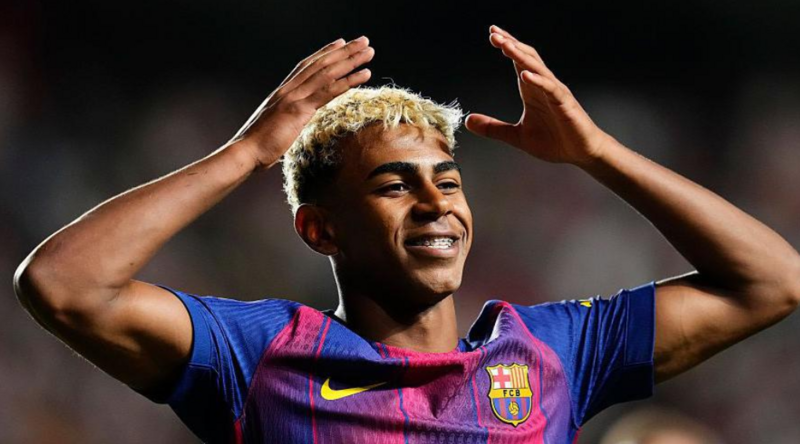Is La Liga Losing Ground Amid Professionalism Shift? Discover Why!




In recent years, the landscape of football finance has seen a seismic shift, particularly noticeable in Spain's La Liga. Long considered one of Europe's big spenders in the transfer market, clubs in this prestigious league are now tightening their belts, a tactical change mirrored in their more modest spending compared to other top leagues across the continent.
Several factors contribute to this noticeable strategic shift. The COVID-19 pandemic, for one, has had long-lasting consequences on clubs' revenues, sparking a wave of reevaluation of spending strategies. With stadiums emptied of fans and subsequently, a loss in match-day revenue, coupled with reduced commercial and broadcasting incomes, clubs have had to adapt swiftly to a financially sustainable model.
Financial Fair Play (FFP) regulations have also tightened, urging clubs to live within their means. These protocols, designed to ensure clubs do not significantly spend more than they earn, have been a decisive factor in shaping club policies towards recruitment and wages. Notable among the affected is Barcelona, whose financial woes have been widely publicized. Saddled with a ballooning wage bill and substantial debt, the Catalan giant has been forced to reconsider its strategy, shifting focus from high-profile signings to nurturing home-grown talents and scouting for affordable options.
Moreover, the very structure of La Liga emphasizes fiscal prudence. Unlike the Premier League, where astronomical TV deals have enabled even mid-table clubs to wield considerable spending power in the transfer market, La Liga's income distribution model is more conservative. This disparity in broadcast revenues means that Spanish clubs often can't match the salaries offered by their English counterparts, affecting their ability to attract and retain top talent.
Despite these financial constraints, La Liga clubs have exhibited an impressive knack for nurturing young talents. The rise and development of players like Ansu Fati at Barcelona and Rodrygo Goes at Real Madrid underscore a successful strategy pivot focusing more on youth development. This approach not only helps in managing wage bills but also ensures a pipeline of talent, primed for either first-team action or profitable future transfers.
The scouting networks of Spanish clubs have also had to become more innovative and far-reaching. This shift means a stronger emphasis on unearthing gems from less traditional markets in South America, Africa, and Asia, mirroring a model long exploited by Portuguese clubs. These scouting successes have seen the likes of Vinícius Júnior and Eduardo Camavinga become household names in Spanish football circles, showcasing the potential of investing in young talents with high ceilings.
Tactically on the field, this spending restraint has also fostered a greater emphasis on team cohesion and tactical discipline. Coaches in La Liga are increasingly tasked with outmaneuvering financially stronger European teams through strategic brilliance and innovative game plans. This emphasis on coaching and tactical setups can be seen in the success of teams like Atletico Madrid, who have consistently challenged the duopoly of Barcelona and Real Madrid, both domestically and in Europe.
This strategic financial conservatism doesn't mean La Liga clubs are no longer competitive on the European stage. Despite spending less, the technical skills, tactical acumen, and fierce competitiveness of Spanish teams continue to make them formidable opponents in European competitions. Real Madrid’s triumph in the Champions League in 2022 is a testament to the league's ability to compete at the highest level, despite spending fewer sums on marquee signings.
Thus, while the era of astronomical spending might be waning for La Liga clubs, their strategic recalibrations are creating a league that is not only financially sustainable but remains competitive. This new model might well set a benchmark for other leagues, proving that success on the pitch isn't solely dictated by financial clout but can also be achieved through smart management and an unwavering focus on long-term strategy.